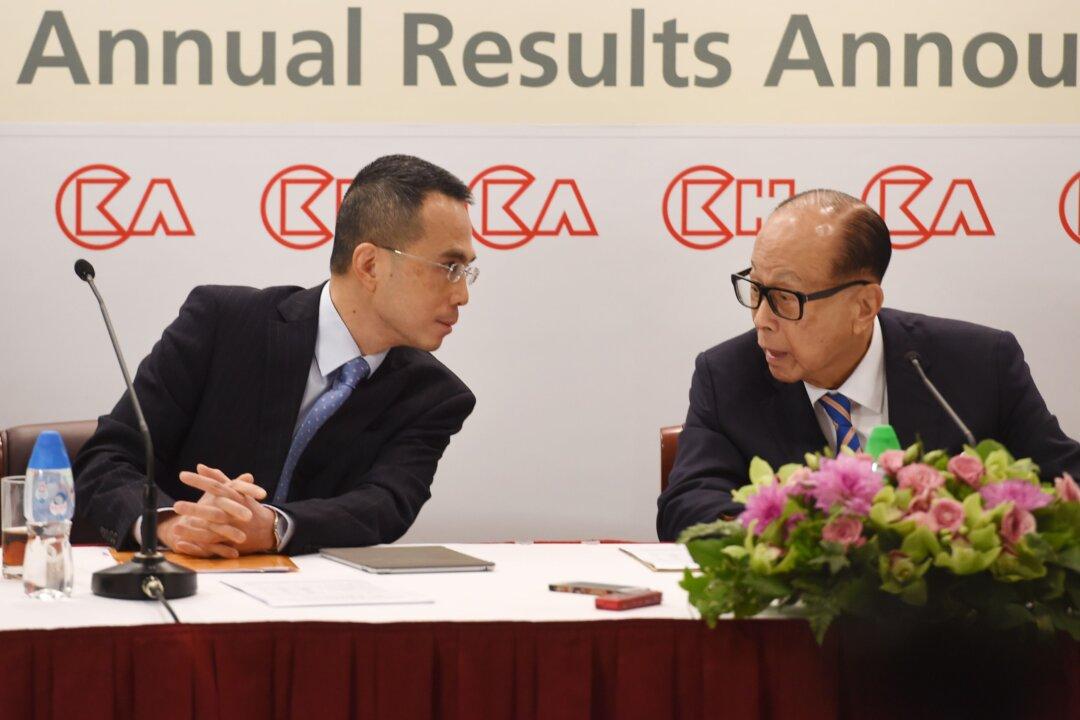News Analysis
Chinese leaders have held several high-profile meetings with prominent entrepreneurs in recent weeks in an attempt to encourage confidence among investors. But at the same time, China’s regulators and state media have ratcheted up pressure against a Hong Kong company over its asset sales in the Panama Canal and other ports around the world.




